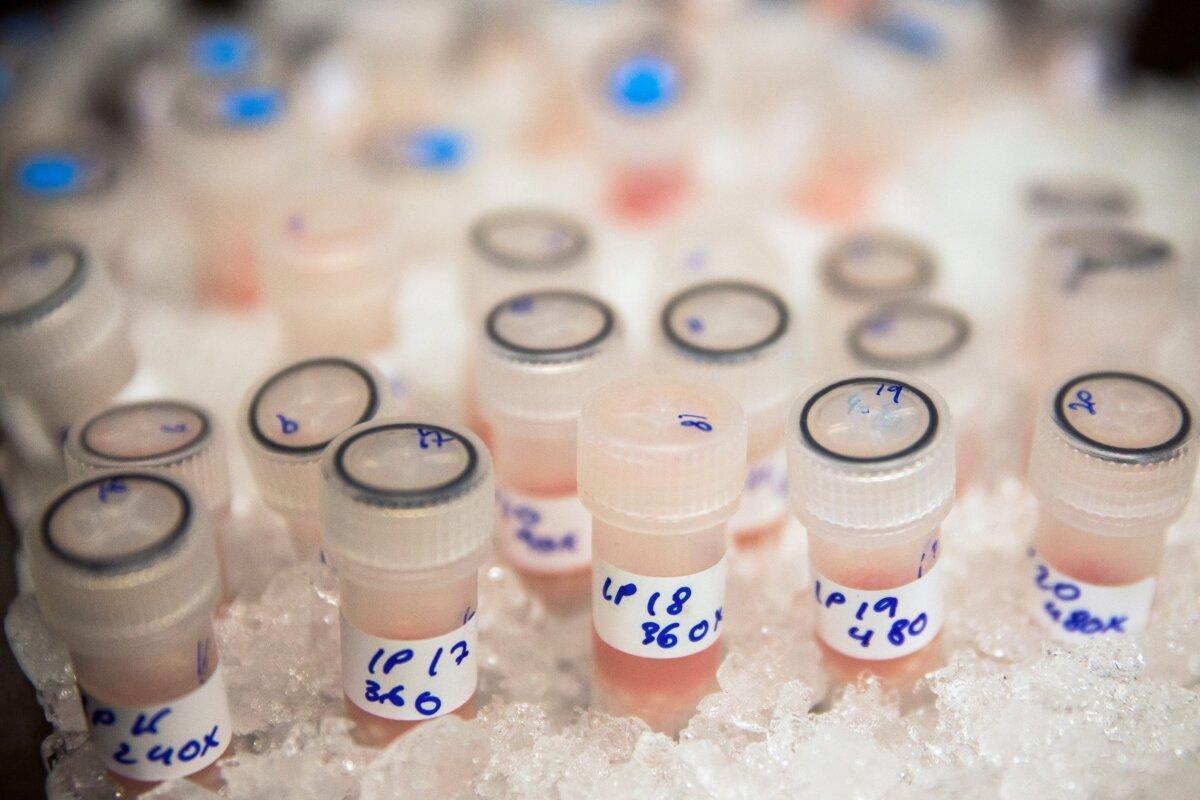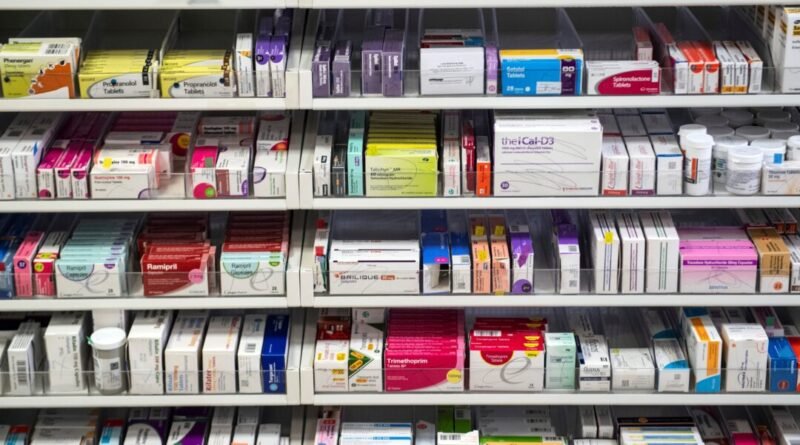Study Suggests Many Drug Approval Decisions Based on Inadequate Clinical Data
Researchers at the London School of Economics (LSE) have found that only 1 percent of applications had a good quality of evidence, while calling for improved data and more reliable clinical trials.
Most decisions to approve or reject new drugs, medical procedures, and devices are not based on solid clinical data, with no improvement in the past 20 years, according to the study published on BMJ Open.
The study examined 400 appraisals made by the National Institute of Health and Care Excellence (NICE) and the data used to inform them. It found that around two-thirds of decisions were not backed by good quality evidence.
Although just 1 percent of cases were classed as having a “good” quality of evidence and around a third were considered to have an “acceptable” basis for approval or rejection, the data remained consistently poor from 2000 to 2019.
The research was done in conjunction with Consilium Scientific, an independent non-profit organisation that aims to improve clinical research through scientific rigour and transparency.
NICE advises the NHS on both the clinical and economic evidence for new drugs and medical devices through an independent body of specialists that make up its appraisal committee. The economic data can help give a cost-benefit analysis for new drugs and devices, taking into account quality of life.
The 400 appraisals included 384 drugs, 25 non-pharmaceutical products, 14 medical devices, six other therapies, and five surgical procedures.
“We found that the primary components of clinical evidence influencing NICE’s decision-making framework were of poor quality,” the study authors wrote. “It is essential to continue to generate robust clinical data for premarket and post-market introduction of medicines into clinical practice to ensure they deliver benefits to patients.”
Weak clinical trial evidence was often used because it was the only type available, while even well-conducted trials had often unsuitable comparators for decision-making about the rollout of treatments, the study found. The data used often did not reflect the UK population and routine treatment pathways available to patients.
Evidence Bar ‘Continues to Be Lowered’
Quality of life data was often of poor or unacceptable quality and clarity in reporting methodology and details by both manufacturers and assessment bodies varied significantly, the researchers found.
“Since the evidence bar continues to be lowered, it is essential to have [health technology assessment] bodies and payers’ input to ensure that the generation of evidence submitted to NICE is strengthened,” the study authors wrote. “Numerous studies have raised alarm about lowering the bar for evidence requirements for regulatory approval of medicinal products, which leads to many expensive drugs with low or no efficacy entering the market.”
Leeza Osipenko, founder of Consilium Scientific, told the “Trials with Maya Z“ podcast that there are many ”sub-optimal clinical trials providing sub-optimal data,“ which are submitted to get new drugs and treatments reviewed. The goal of her organisation is to improve the integrity of these trials to bring about ”holistic change” to health care.

‘Big Hype’ Around Cancer, Alzheimer’s Drugs
She said, at present, there is “big hype” around Alzheimer’s and cancer drugs. She added that many stakeholders do not want to hear that clinical trials were poor quality because this is not money-making news. The money-making news is whether the trials were not good enough and whether the drugs are as good as expected.
She emphasized that what makes clinical trials reliable—whether they demonstrate a treatment works or not—is “integrity and transparency,” and what breaks them is “academic ego and shareholder expectation.”
Jacoline Bouvy, programme director of medicines evaluation at NICE, disagreed with the conclusion that the body had lowered the bar for its evidence base and said that NICE technology appraisals are founded on principles of independence, transparency, and rigour.




